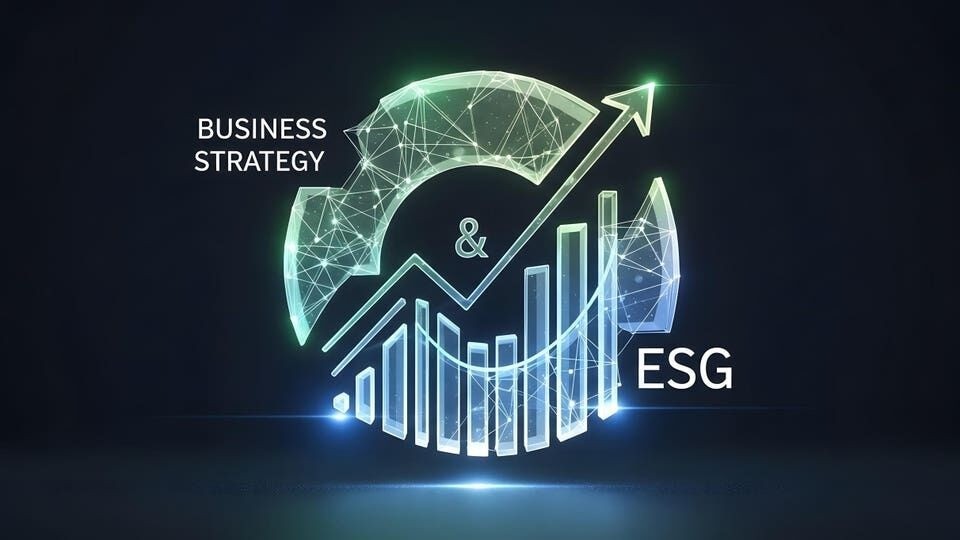The Difference Between KPIs, Targets and Goals
2 July 2021
The terms key performance indicator (KPI) and goal are sometimes used interchangeably to describe what you need to measure to determine whether you’ve reached a desired outcome.
But KPIs are NOT the same as goals.
The goal is the outcome you hope to achieve; the KPI is a metric to let you know how well you’re doing working towards that goal.

Metrics shouldn’t become targets.
KPIs should be like markers in medicine — a doctor gage your health using a set of indicators that measure the key elements of your health like blood pressure, cholesterol, and body mass index, among others. KPIs should do the same for companies. They should help you make better informed decisions and get you an idea of how healthy you are or how well a company is doing.
If we pick only one or two and make them the target, we can quickly improve them to the detriment of others. For example, if your doctor told you that you needed to lose weight to be healthy, you could easily lose weight by fasting all the time, eating only a single kind of food, or taking diet pills — but none of these would contribute to the overall goal of being healthy.
In this case, your weight might be a KPI, but it is not the goal.
In addition, your KPIs for health might change based on your specific health goals. A doctor would not necessarily look at a patient’s weight as a KPI if the goal was to cure the person’s skin condition.
In a business context, a company might need more sales and get a high percentage of sales from email marketing, so they want to increase the size of their email list. The marketing team goes out and starts running a series of campaigns to increase email opt-ins. The campaigns are successful and the email list grows, so the team believes they’ve met their goal. But the emails they collected weren’t well targeted, and sales stay flat.
In this case, the metric might have been increasing email sign ups, but the goal was sales — and so the team was confusing the KPI for the goal.
Which brings us to our next point:
Not all metrics are KPIs.
In today’s big data world you can gather data on just about anything, but the trick is in finding the key performance indicators that will actually measure progress toward a particular goal.
In our email marketing example above, the company thought their KPI was the size of their email list, when really they might have done better to focus on their conversion rate.
In our health analogy, you might measure the number of steps you walk in a day as a metric of your health, but if your goal is to qualify for a marathon, you’ll never get there with that metric — no matter how many steps you take.
So the key takeaway is this: not all metrics are KPIs, and KPIs are not goals or targets. Companies need goals, KPIs and targets to produce the results you want in any given scenario, and you must understand the differences to get the outcome you want:
Goal:
The objective you are trying to achieve, e.g. improve health
KPI:
The measure(s) that help you understand whether you are achieving your results, e.g. blood pressure, cholesterol levels, body mass index, etc.
Target:
The level or benchmark you are aiming to achieve for your KPIs, e.g. blood pressure of 120, cholesterol levels under 200 (mg/dL), or a body mass index between 18.5 and 25.
Related Articles
5 AI-Era Skills Mistakes That Will Cost Your Business Millions In 2026
By now, “smart” versions exist of just about every home appliance, gadget and gizmos we can think of. However, manufacturers continue[...]
5 ESG Trends That Will Shape Business in 2026
By now, “smart” versions exist of just about every home appliance, gadget and gizmos we can think of. However, manufacturers continue[...]
Dreamforce 2025 Proved The Agentic Enterprise Has Arrived
By now, “smart” versions exist of just about every home appliance, gadget and gizmos we can think of. However, manufacturers continue[...]
7 Workplace Trends That Will Define 2026
By now, “smart” versions exist of just about every home appliance, gadget and gizmos we can think of. However, manufacturers continue[...]
AI And The End Of Progress? Why Innovation May Be More Fragile Than We Think
By now, “smart” versions exist of just about every home appliance, gadget and gizmos we can think of. However, manufacturers continue[...]
The Top 5 Technology Trends For 2026
By now, “smart” versions exist of just about every home appliance, gadget and gizmos we can think of. However, manufacturers continue[...]
Sign up to Stay in Touch!
Bernard Marr is a world-renowned futurist, influencer and thought leader in the fields of business and technology, with a passion for using technology for the good of humanity.
He is a best-selling author of over 20 books, writes a regular column for Forbes and advises and coaches many of the world’s best-known organisations.
He has a combined following of 4 million people across his social media channels and newsletters and was ranked by LinkedIn as one of the top 5 business influencers in the world.
Bernard’s latest book is ‘Generative AI in Practice’.










Social Media